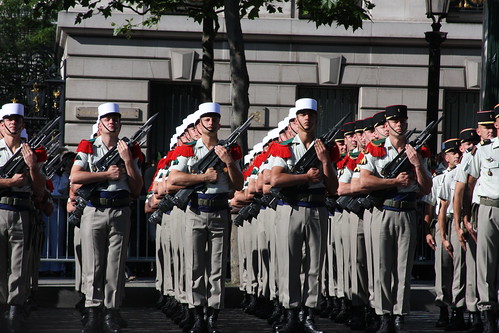
Foreign Policy | For more than a decade, I pondered the question of why the 20th century was characterized by so much brutal upheaval. I pored over primary and secondary literature. I wrote more than 800 pages on the subject. And ultimately I concluded, in The War of the World, that three factors made the location and timing of lethal organized violence more or less predictable in the last century. The first factor was ethnic disintegration: Violence was worst in areas of mounting ethnic tension. The second factor was economic volatility: The greater the magnitude of economic shocks, the more likely conflict was. And the third factor was empires in decline: When structures of imperial rule crumbled, battles for political power were most bloody.
In at least one of the world’s regions—the greater Middle East—two of these three factors have been present for some time: Ethnic conflict has been rife there for decades, and following the difficulties and disappointments in Iraq and Afghanistan, the United States already seems likely to begin winding down its quasi-imperial presence in the region. It likely still will.
Now the third variable, economic volatility, has returned with a vengeance. U.S. Federal Reserve Chairman Ben Bernanke’s “Great Moderation”—the supposed decline of economic volatility that he hailed in a 2004 lecture—has been obliterated by a financial chain reaction, beginning in the U.S. subprime mortgage market, spreading through the banking system, reaching into the “shadow” system of credit based on securitization, and now triggering collapses in asset prices and economic activity around the world.
When Bush’s speechwriters coined the phrase “axis of evil” (originally “axis of hatred”), they were drawing a parallel with the World War II alliance between Germany, Italy, and Japan, formalized in the Tripartite Pact of September 1940. The axis of upheaval, by contrast, is more reminiscent of the decade before the outbreak of World War II, when the Great Depression unleashed a wave of global political crises.
The Bush years have of course revealed the perils of drawing facile parallels between the challenges of the present day and the great catastrophes of the 20th century. Nevertheless, there is reason to fear that the biggest financial crisis since the Great Depression could have comparable consequences for the international system.



















